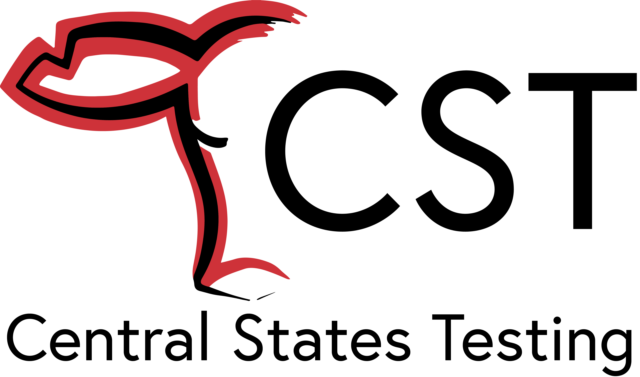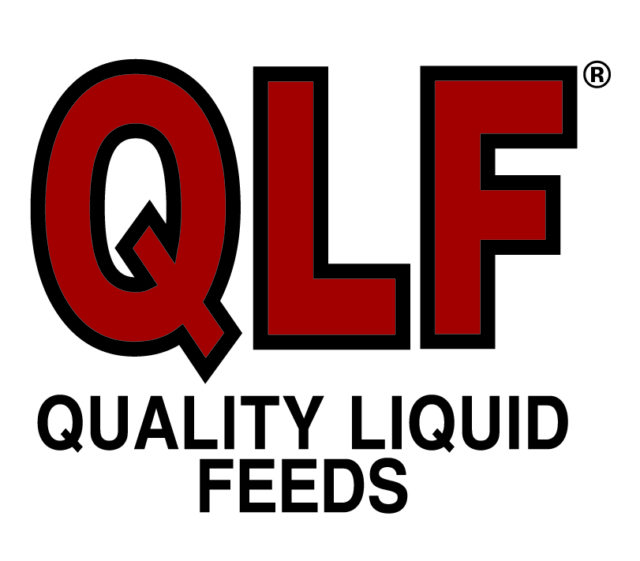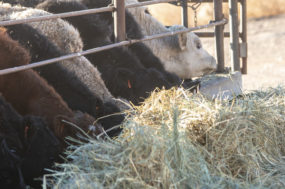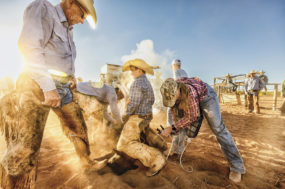The meeting is expected to draw producers from across the nation, said David Patterson, MU beef reproduction specialist. They will learn how to produce high-quality beef through improved reproduction, management and genetics.
Although Joplin was hit by a deadly EF5 tornado May 22, the Joplin Holiday Inn Convention Center, the meeting site, was outside the storm path. Emergency responders using the facility will leave space for the convention by the end of August.
The conference moves to a new beef-producing state each year.
“We’ve learned a lot about breeding high-quality cattle that bring premium prices,” said Patterson, a meeting organizer. “In Missouri we have much to tell about improving quality with fixed-time AI using high-accuracy proven sires.
The conference for “Applied Reproductive Strategies in Beef Cattle” is organized by a task force, which includes beef specialists from land-grant universities.
“Our aim is to reach cow-calf and seedstock producers, the AI industry, veterinarians and the entire beef-support industry,” Patterson added.
When Missouri hosted the program in 2006 at St. Joseph, nearly 300 attendees took part. This time organizers plan for more.
An opening panel discussion will set the theme: “Using AI (artificial insemination) to Produce More High-Quality Beef.” Speakers include Patterson of Columbia; Mike Kasten, beef producer, Millersville, Missouri; and Larry Corah, vice president of Certified Angus Beef, Manhattan, Kansas. They represent the scientist, farmer and marketer of high-quality beef.
Examples of what may be achieved through improved reproduction and genetics are shown by success of the Show-Me-Select Replacement Heifer Program. One of the first sales was held at Joplin Regional Stockyards in 1997.
“Producers have learned there are extra profits not only in replacement heifers, but also in the steer mates sent to commercial feedyards,” Patterson said.
“The steers, especially from the Show-Me-Select Tier Two program, have higher performance in the feedlots. Tier Two steer carcasses hit the premium grids.” The idea behind the Tier Two program involves expanded use of fixed-time AI in Missouri cow herds. The program teaches how to select proven, tested bulls.
Packing plants, using pricing grids, pay bonuses for calves that attain higher USDA quality grades. Premiums can be as much as $150 per animal.
MU researchers have developed easier protocols for fixed-time AI of cows and heifers. This allows breeding of all cows and heifers in a herd on one day. This saves labor and shortens the calving season. The result is more uniform calves at weaning time.
“With AI, producers can use the best bulls in their respective breed to gain genetic improvements,” Patterson said. Now sires with thousands of offspring with proven accuracy are available to every producer.
“More research achievements are coming,” he added. “Jerry Taylor, MU geneticist who helped decipher the bovine genome, will tell how to use the genetic map to produce high-quality beef.”
Increased income is the main reason to improve genetics in a cow herd. MU economists Scott Brown of the Food and Agricultural Policy Research Institute and Joe Parcell from agricultural economics will tell financial benefits of high-quality beef in domestic and global markets.
On the evening of Aug. 31, the group will visit Joplin Regional Stockyards in Carthage, Missouri. Working demonstrations and a panel of producers will tell about replacement heifers.
The Lawrence County Cattlemen’s Association will grill a steak dinner.
The Beef Reproduction Task Force promotes wider adoption of reproductive technologies among cow-calf producers. They aim to teach management skills that increase success in AI breeding. Marketing options for better genetics and technologies will be told.
The group aims to improve profitability of cow-calf operations. Adoption of cost-effective applied reproductive technologies can pay
“Cattle producers can use sustainable management to maintain U.S. leadership in the world beef markets,” Patterson said.
For registration fees and details, see the MU Conference Office website at http://www.muconf.missouri.edu or contact your local MU Extension office.![]()
--From University of Missouri Extension news release







